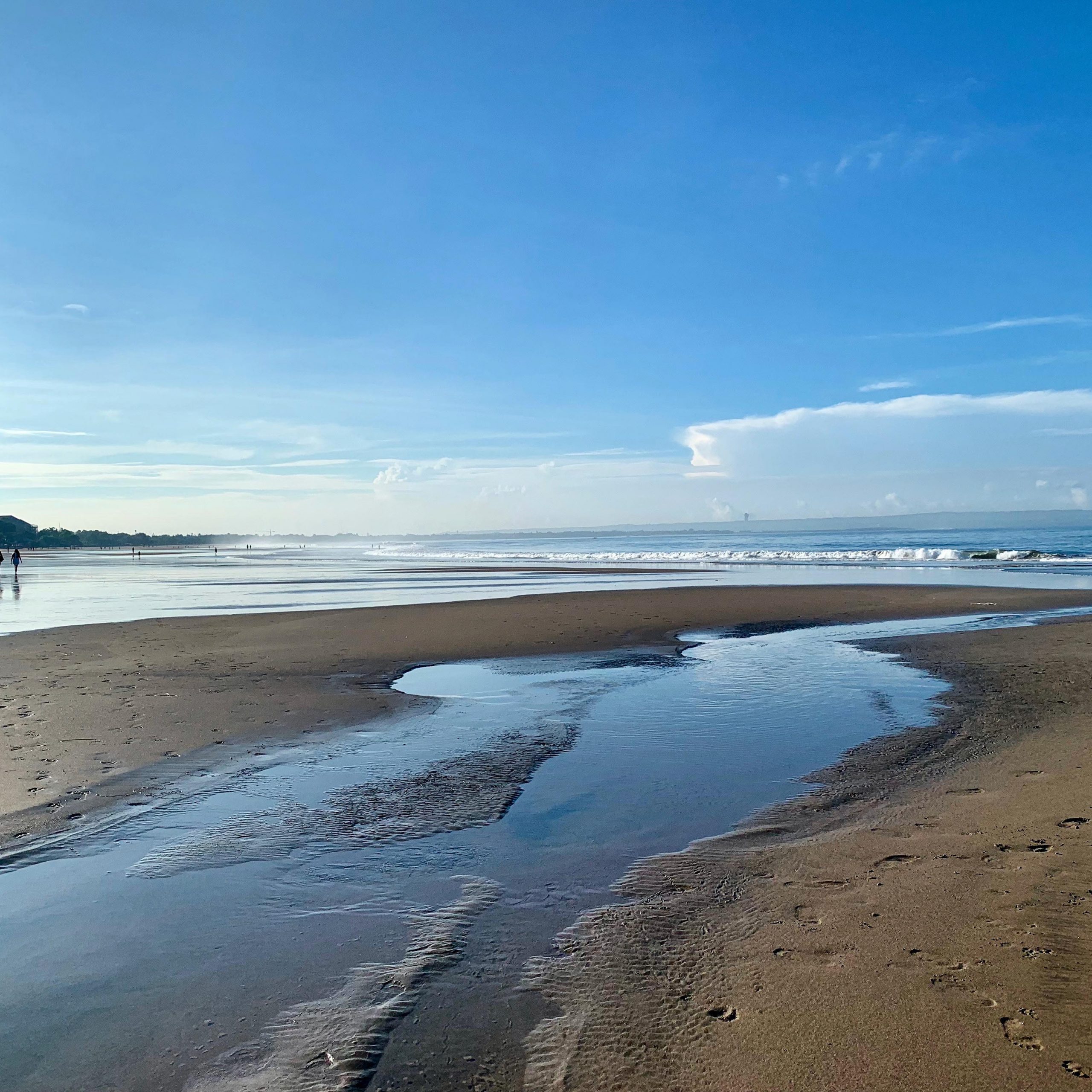An analogy could be made with the end of World War II, which gave birth almost immediately to the Cold War struggle between communist states and the Western powers. Thirty more years of war and suffering ensued, especially in Asia.
Therefore, there is an urgent need to anticipate emerging fault lines created by the Covid-19 pandemic and design new frameworks to contain and resolve them to prevent more death and suffering. A global consensus is unlikely, so Asia will have to fend for itself.
The challenges of international distribution, the decision over which segments of our profoundly unequal societies are inoculated, and how the issue of immunity is managed as it becomes a passport to employment and security, are likely to become triggers for protest and even conflict.
Asia is both where the first outbreak of Covid-19 emerged, and also the region that has arguably the most effective containment efforts. With better-coordinated regional leadership and action, some of the missteps taken in some countries can be addressed and corrected. But first, the existing modes of regional cooperation and decision-making need to be adjusted, and the barriers to effective action must be lowered.
Formal summit-level meetings have not worked out well among Asian leaders relying on video conferencing. Diplomacy and decision-making at the official level have slowed down. There should be more attention paid to actions taken at the grassroots level.
Despite a long history of having authoritarian governments, local communities, NGOs and individuals in the region have risen to the challenge of helping one another. While governments fumbled and fiddled over balancing public health with economic security, Malaysians made mass petitions urging the government to maintain lockdowns, while Indonesian leaders in towns and villages enforced local measures to protect their communities as the central government issued confusing messages. In Thailand, women’s groups and teams of doctors led the way in shaping medical advice and mobilising food supplies.
Scale up this basic common-sense civility and you could have humanitarian organisations, charities and health foundations coming together at a regional level to pool data, share experiences, and establish a strategy for rolling out vaccines and preventive safeguards that are tailored to regional needs.
Questions such as how to ensure that the legions of migrant workers are included in vaccine programmes, even if they are undocumented or illegal, or the delivery of life-saving drugs to areas of conflict will require more effective regional cooperation as many of the region’s most vulnerable people live along contested or remote border areas.
A more inclusive regional approach would give China, which has been widely criticised for being defensive about the coronavirus pandemic, an opportunity to show regional leadership and responsibility.
Popular resentment towards China has erupted in countries such as Thailand, where the economy relied heavily on Chinese tourists and business before Covid-19 closed its borders. That this sentiment is being expressed in societies in the neighbourhood should be a worry for Beijing and prompt a more transparent and softer diplomatic approach.
To be sure, finding the right regional approach will be challenging. The effectiveness of ad hoc groups like the Bali Process has been hampered by resistance from states which feel pressured. By and large, Asian governments have been allergic to civil society and grassroots activism. But something has to give.
The Covid-19 pandemic is having an immediate and catastrophic impact on everyone’s lives. Visions of dystopia like that crafted by Asian-American writer Chang Rae-lee in his 2014 novel On Such a Full Sea imagined a wrecked world divided between the privileged living in protected communities, and the rest of society eking out a precarious existence in an anarchic wilderness bereft of life-saving technology.
Is that the future we want? If so, we will be condemned to perpetual conflict and insecurity. ■
